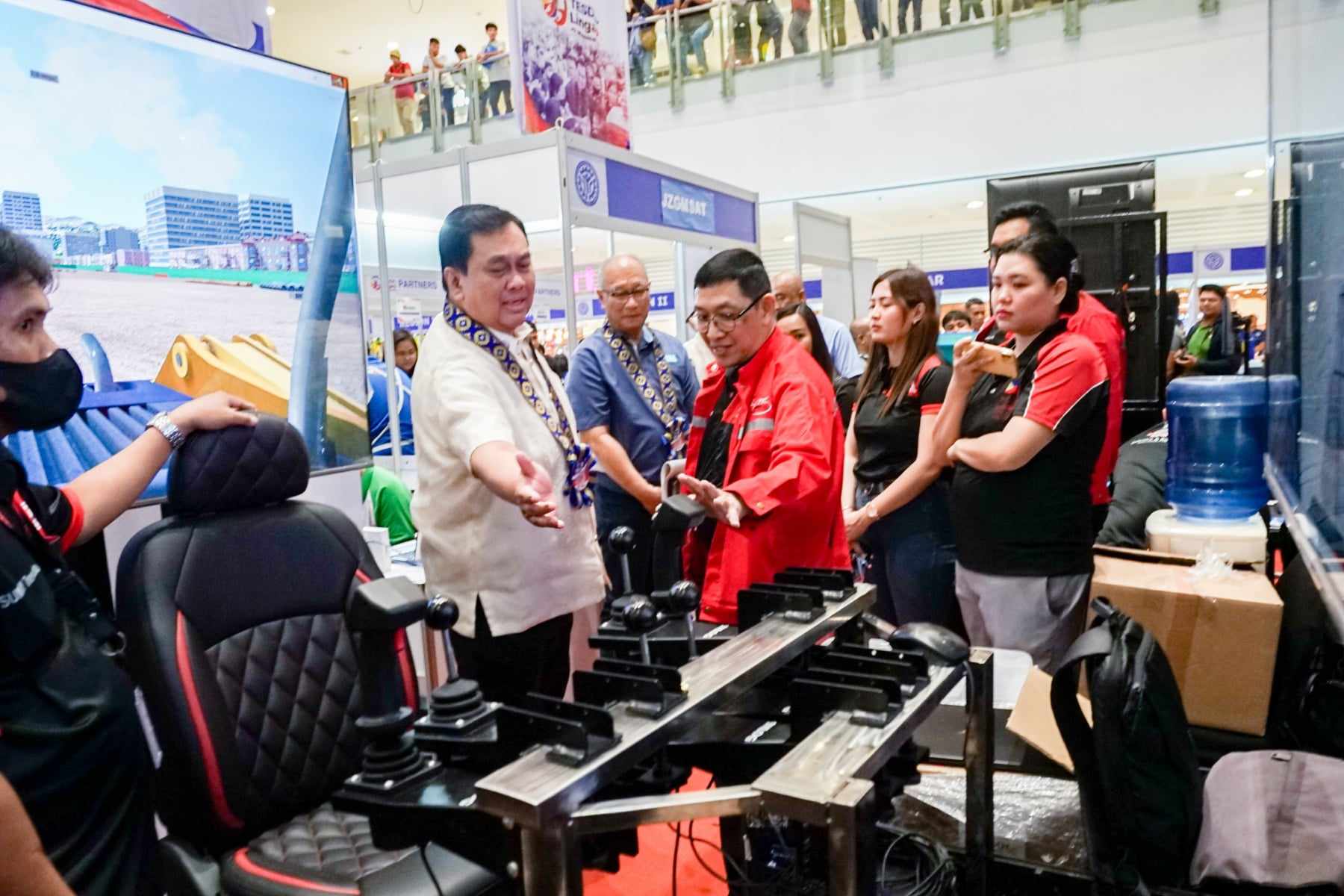TAGUIG CITY -- According to surveys done by the Technical Education and Skills Development Authority (TESDA) for the last five years, tech-voc graduates are “very satisfied” with the training they received.
Likewise, employers who hired graduates of technical vocational education and training (TVET) programs found the performance of these workers to be “very satisfactory”.
The results on the satisfaction of the TESDA graduates is based on TESDA’s Study on Employment of TVET Graduates (SETG) in the last five years, which disclosed that the delivery of the training program has significantly influenced the employment rate in relation to the overall satisfaction of the graduates in their respective training programs.
“The SETG in the last five years have shown that an average 93% of tech-voc graduates are either ‘very satisfied’ or ‘satisfied’ with their training,” said TESDA Secretary/Director General Suharto T. Mangudadatu.
Likewise, in the last five years, 52.33% of TVET graduates on average found that the skills they had acquired were very useful, while some 31% conveyed that they used some of the competencies they acquired from their tech-voc training.
“We regularly ask tech-voc graduates to their training based on entry requirements, trainers’ methodologies, tools and equipment, knowledge expertise of the trainers, learning materials, training activities, training facilities, training duration, level of knowledge, skills and attitudes acquired, and assessment method,” explained the TESDA head.
The SETG is conducted annually to measure the relevance and effectiveness of tech-voc training programs.
This information is further validated in TESDA’s annual Employment Satisfaction Survey (ESS), which recorded employers to have rated their tech-voc graduates’ performance to be “very satisfactory” on average in the last four survey rounds.
The ESS serves as one of the monitoring and feedback mechanisms to generate inputs and comments from the industry regarding their perspective on the performance of employed TVET graduates, TVET provisions, certification, and other TVET-related areas.
Meanwhile, according to Secretary Mangudadatu, many tech-voc graduates who have trained under TESDA have found success after finishing their respective training programs.
One of them is Joeminel Cutcharo, a holder of Automotive Servicing NC I to NC IV at TESDA’s Auto-mechanic Training Center in Eastern Visayas. Joeminel, a victim of typhoon Yolanda, took up his tech-voc course as a way for his family to recover from the disaster.
Joeminel went on to represent the Philippines and earned medals in the ASEAN Skills Competition in Thailand, and the WorldSkills Competition in Russia. He currently works as an automotive technician at the Laguna plant of a known Japanese car manufacturer.
Another TESDA graduate, Chef Roxanne Joy Magday-Ningala, took Bread and Pastry Production NC II training at the Provincial Training Center in Nueva Vizcaya after she quit her job as a domestic helper in the Middle East.
Currently, she is now employed at a large dessert shop and wholesale bakery in Malé, Maldives, and has even assisted the world’s top Master Chefs.
“These are just a few real-world examples of the impact that TESDA and tech-voc has made on the lives of its graduates,” added the Secretary. (TESDA)





